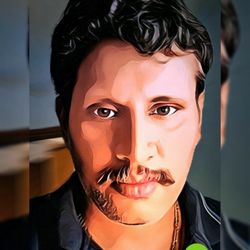

We all have atleast one thing in common that we all hate liars, dont we?
An we all lie for about 10 to 200 times a day and we have spent much of our history coming up with a way to detect lies like polygraphs, blood pressure and breathing devices, voice stress analyzers, eye trackers, brain scanners and many more. But also these tools do work at certai situations, it can also be fooled with enough preparations. But what if we take a more straight forward approach with the help of communicational science to avoid the lies themselves?
In reality, we often lie to paint a better picture of ourselves, connecting our realities to the person we wish we were rather than the person we actually are. Our brain only controls about 5 percentage of our cognitive function, and the remaining 95 percentage occurs beyond our consciousness. Although there are certain signs where you can catch a person lying.

Let us take an example, Lance Armstrong, seven time Tour de france winner. By comparing his 2005 interview, where he denies taking a performance enhancing drug, to a 2013 interview, in which admitted it, he used personal pronouns in his speech more.
2005 interview he say," okay, a guy in a French in a Parisian Laboratory opens up you sample, you know, Jean Francis so and so, and he tests it. And then you get a phone call from a newspaper that says' We found you to be positive 6 times for EPO".

In 2013, he says," I lost myself. Im sure there would be other people that couldnt handle it, but i certainly couldn't handle it and i was used to controlling everything in my life. I controlled every outcome in my life.
In his denial, it is clear that he described a situation focused on someone else, removing himself from the situation entirely.
That was all for this blog. Hope you liked it










